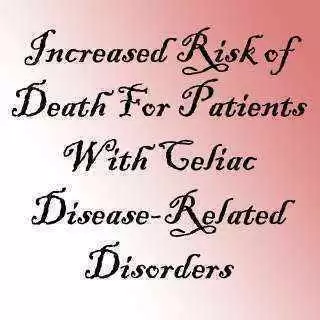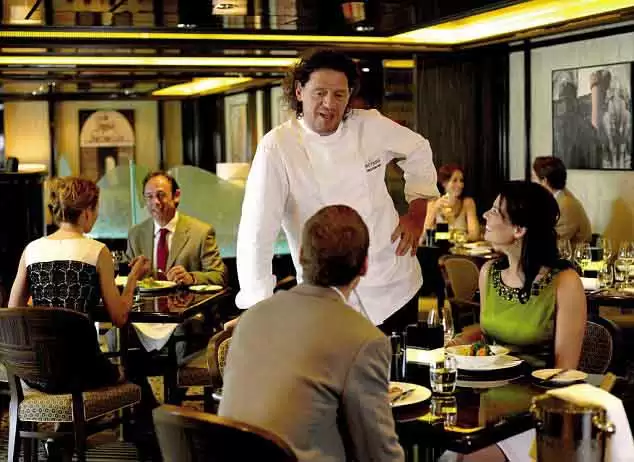
Celiac.com 07/13/2018 - I went to a friend’s home for dinner. A few days before, she called and asked me what I could eat. I asked her what she was planning to make, and she said she was grilling meats with side dishes. I said, “Great. Please just grill a piece of chicken for me with salt and pepper, and I’ll be happy to bring a side.” She said, “No need to bring a side. I’ve got this.” When I arrived, she greeted me and said, “I spent all day cooking tonight’s dinner so you can eat it. Hey would you just check this salad dressing to see if it is OK for you?” I looked at the ingredients and it contained gluten and dairy, both of which I cannot eat. Then I glanced around the kitchen and saw evidence of wheat cross-contamination, including buns being toasted on the grill, and gluten-containing barbeque sauce spilling on the grill where my “clean” chicken was cooking. She had other guests to tend to, and I couldn’t offer instruction or read the ingredients of everything she used in the meal.
At social gatherings, I’ve been challenged too by those who ask if I am really “allergic,” or just eating gluten free as a “fad.” I’ve been told many times by hosts and hostesses that, “a little won’t hurt you,” or “everything in moderation,” or “if it is made with loving hands, it is good for you to eat.” Of course, all of this is bunk for those with food allergies or celiac disease. A little bit may kill us, and whether made with loving hands or not, it will certainly make us sick.
Celiac.com Sponsor (A12):
Those of us with food allergies and/or celiac disease walk a tightrope with friends and relatives. The old rules of etiquette just don’t work anymore. We don’t want to insult anybody, we don’t want to be isolated, and we also don’t want to risk our health by eating foods that may contain ingredients we cannot tolerate. So what do we do?
Etiquette books advise us to eat what is put in front of us when we are guests in someone’s home. They caution us at all costs not to insult our hostess. Rather, we are instructed to compliment the hostess on her good cooking, flavor combinations, and food choices. But when foods are prepared in a cross-contaminated environment with ingredients we are allergic to, we cannot follow the old social constructs that do not serve us. We need to work together to rewrite the rules, so that we can be included in social gatherings without fear of cross-contamination, and without offending anyone.
Let’s figure out how to surmount these social situations together.
Each edition of this column will present a scenario, and together, we’ll determine appropriate, polite, and most importantly, safe ways to navigate this tricky gluten-free/food allergies lifestyle in a graceful way. If someone disagrees with our new behavior patterns, we can refer them to this column and say, “Here are the new rules for those of us with food allergies or celiac disease.” When we are guests in someone’s home, we can give them links to this column so they understand the plight we are faced with, bite after bite. Perhaps this will help those of us living with us to understand, be more compassionate, and accepting of our adaptations to keep ourselves safe.
This column will present a scenario such as the one above, and ask that you comment on how you would navigate it. Let’s talk about it. Let’s share ideas. Using the example above, here’s the scenario for this issue:
What would you do?
Your kind-hearted friend invites you to dinner and insists on cooking for you. You arrive and the first thing she says is, “I’ve spent all day making this for you. Oh, I bought this salad dressing for you, but you might want to read the ingredients first.” You do, and it contains malt vinegar. You look around the kitchen and notice evidence of cross-contamination in the rest of the meal. What do you do?
Please comment below and feel free to share the tricky scenarios that you’ve encountered too. Let’s discuss how to surmount these social situations. What would you do?










Recommended Comments
Create an account or sign in to comment
You need to be a member in order to leave a comment
Create an account
Sign up for a new account in our community. It's easy!
Register a new accountSign in
Already have an account? Sign in here.
Sign In Now